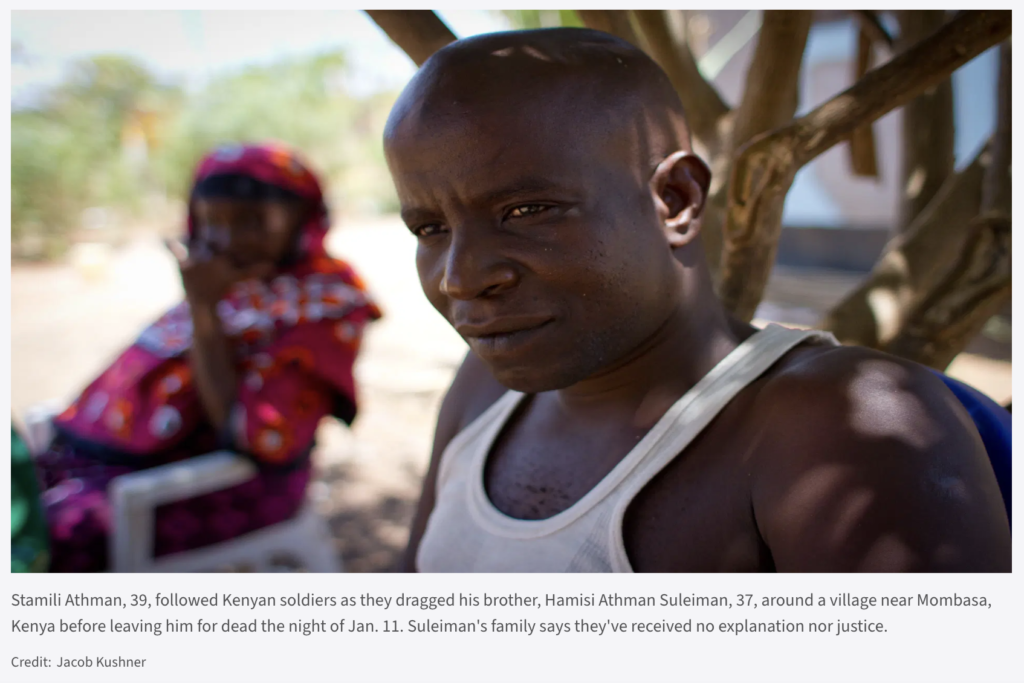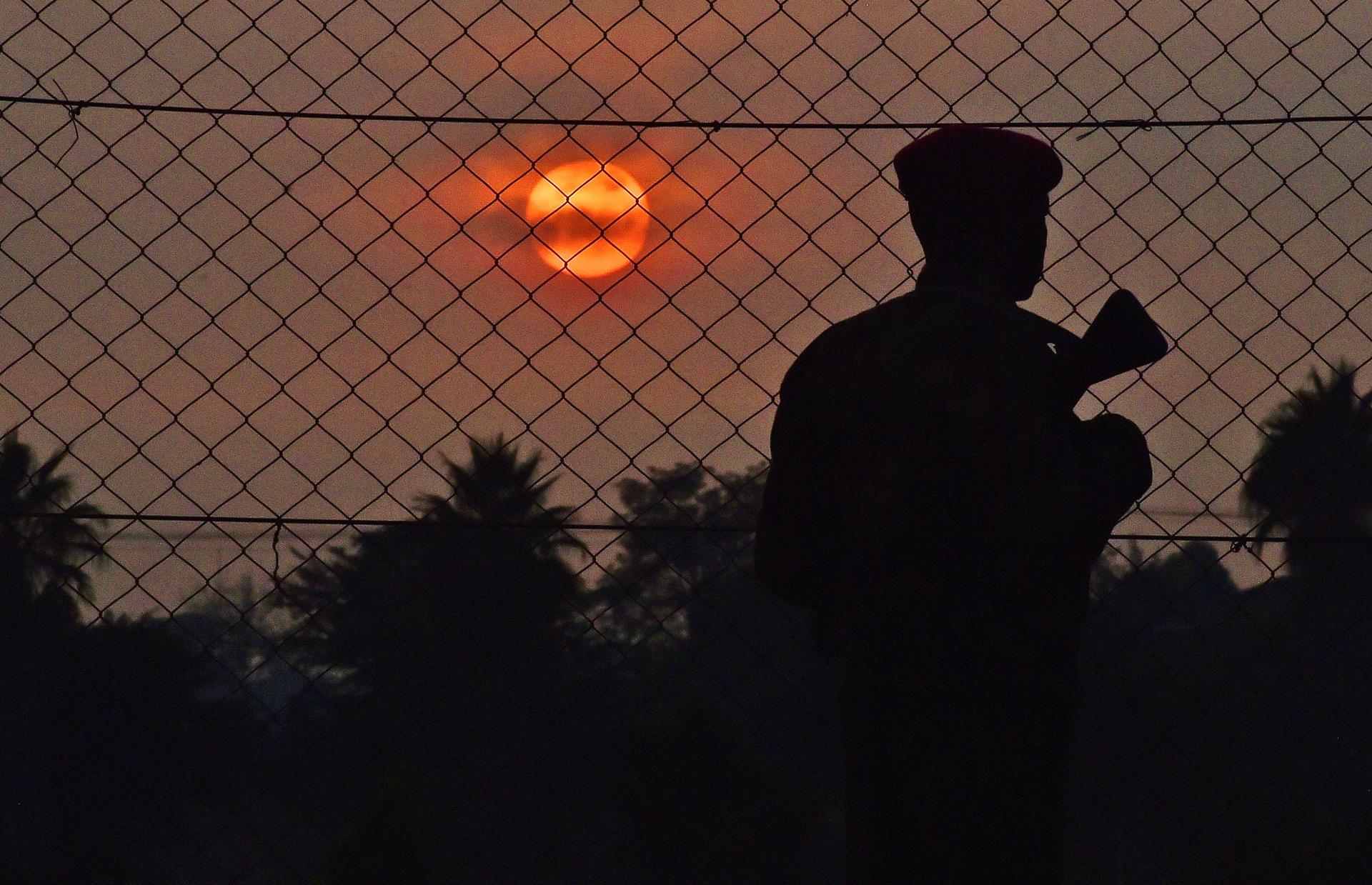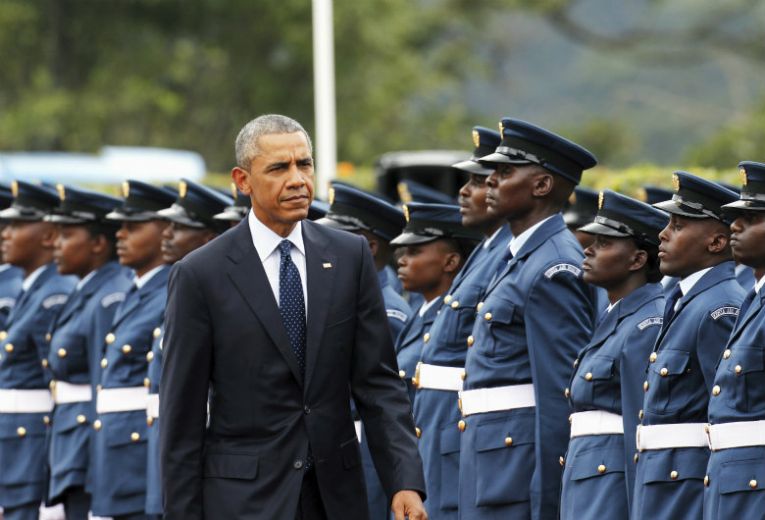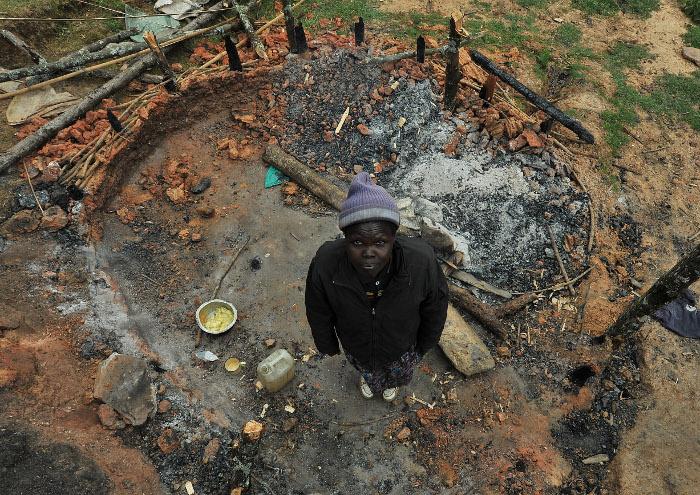A good coder is hard to find, as Kenyan entrepreneur Tonee Ndungu knows. Nairobi is chock-full of mediocre ones, while those with real skills are in such high demand they work “five jobs at the same time,” says Ndungu, whose startup, Kytabu, aims to bring digital textbooks to African schoolkids. Ndungu searched far and wide, from Kazakhstan to India, and nearly sputtered for lack of talent.
Then he learned of Moringa School, a for-profit startup that aims to turn tech-savvy Kenyans into employable programmers and developers, coders and designers in a matter of months. After visiting Moringa’s classrooms this spring, Ngundu offered two students 14-day internships — and hired them almost immediately afterward. The pair are working so quickly, Ngundu says, that he has moved up Kytabu’s launch date by three months.
As cities like Nairobi, Lagos and Kigali become major tech investment hubs, the promise of smart new jobs has rightly generated a lot of hope. Picture far-away armies of bright young developers, coders and UX specialists quietly building the infrastructure of the global digital economy while boosting their own prospects. It’s a fine picture, indeed. But an important question remains, and it has become a quandary for entrepreneurs, aspiring techies and governments alike: Who will train the young Africans to fill the jobs?
Find out at OZY.



 NAIROBI, Kenya — Kenyan police have fueled the fires of Islamic extremism and may actually be undermining the country’s security in an overzealous attempt to protect it, according to human rights activists and advocates for police reform.
NAIROBI, Kenya — Kenyan police have fueled the fires of Islamic extremism and may actually be undermining the country’s security in an overzealous attempt to protect it, according to human rights activists and advocates for police reform.









